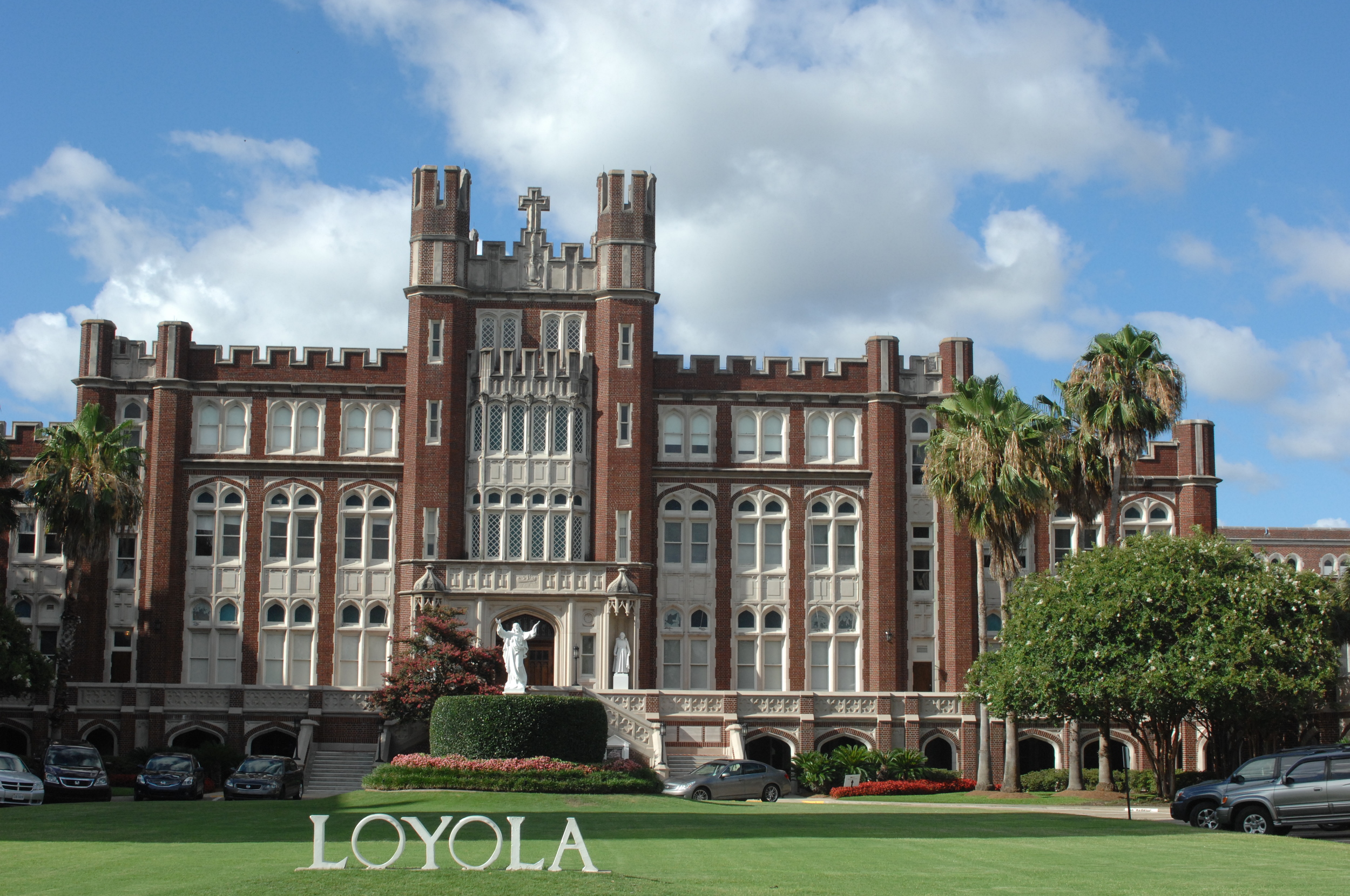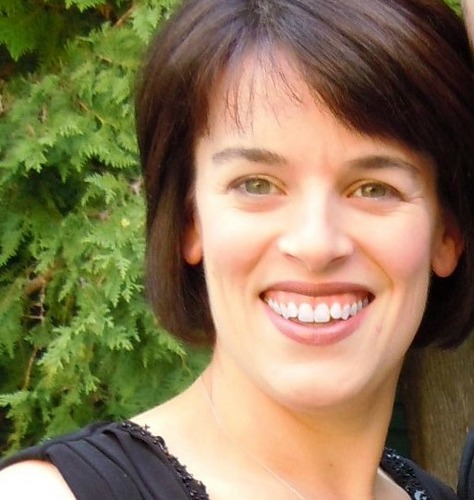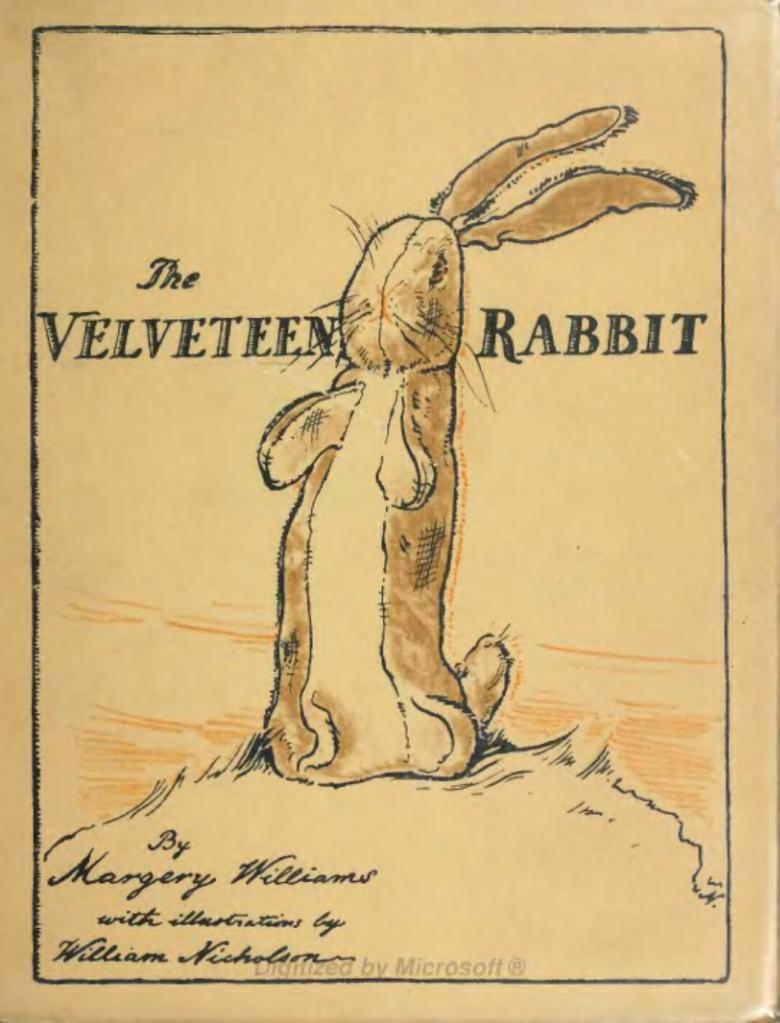As I was thinking about the new year I ran across this outstanding article. Not one for making resolutions, I do use this reflective time to think about commitments. To me making a commitment to myself and others actually is about trust and respect. Commitments are about integrity. Commitments made reflect both character and competence...which makes keeping them all the more important.
The attached link, brings a distinctive flavor to "new year" dissolutions! The author asks the question "What will you stop doing?" Very provocative and cheers to 2013. Enjoy!
Each time the New Year rolls around and I sit down to do my annual resolutions, I reflect back to a lesson taught me by a remarkable teacher. In my mid-20s, I took a course on creativity and innovation from Rochelle Myers and Michael Ray at the Stanford Graduate School of Business, and I kept in touch with them after I graduated.
One day, Rochelle pointed to my ferocious work pace and said, "I notice, Jim, that you are a rather undisciplined person."
I was stunned and confused. After all, I was the type of person who carefully laid out my BHAGs (big hairy audacious goals), top three objectives and priority activities at the start of each New Year. I prided myself on the ability to work relentlessly toward those objectives, applying the energy I'd inherited from my prairie-stock grandmother.
"Your genetic energy level enables your lack of discipline," Rochelle continued. "Instead of leading a disciplined life, you lead a busy life."
She then gave me what I came to call the 20-10 assignment. It goes like this: Suppose you woke up tomorrow and received two phone calls. The first phone call tells you that you have inherited $20 million, no strings attached. The second tells you that you have an incurable and terminal disease, and you have no more than 10 years to live. What would you do differently, and, in particular, what would you stop doing?
That assignment became a turning point in my life, and the "stop doing" list became an enduring cornerstone of my annual New Year resolutions — a mechanism for disciplined thought about how to allocate the most precious of all resources: time.
Rochelle's challenge forced me to see that I'd been plenty energetic, but on the wrong things. Indeed, I was on entirely the wrong path. After graduate school, I'd taken a job at Hewlett-Packard. I loved the company, but hated the job. Rochelle's assignment helped me to see I was cut out to be a professor, a researcher, a teacher — not a businessman — and I needed to make a right-angle turn. I had to stop doing my career, so that I could find my real work. I quit HP, migrated to the Stanford Business School faculty and eventually became — with some remarkable good luck along the way — a self-employed professor, happily toiling away on my research and writing.
Rochelle's lesson came back to me a number of years later while puzzling over the research data on 11 companies that turned themselves from mediocrity to excellence, from good to great. In cataloguing the key steps that ignited the transformations, my research team and I were struck by how many of the big decisions were not what to do, but what to stop doing.
In perhaps the most famous case, Darwin Smith of Kimberly-Clark — a man who had prevailed over throat cancer — said one day to his wife: "I learned something from my cancer. If you have a cancer in your arm, you've got to have the guts to cut off your own arm. I've made a decision: We're going to sell the mills."
At the time, Kimberly-Clark had the bulk of its revenues in the traditional paper business. But Smith began asking three important questions: Are we passionate about the paper business? Can we be the best in the world at it? Does the paper business best drive our economic engine?
The answers came up: no, no and no.
And so, Smith made the decision to stop doing the paper business — to sell off 100 years of corporate history — and throw all the resulting resources into the consumer business (building brands such as Kleenex), which came up yes, yes and yes to the same questions.
The start of the New Year is a perfect time to start a stop doing list and to make this the cornerstone of your New Year resolutions, be it for your company, your family or yourself. It also is a perfect time to clarify your three circles, mirroring at a personal level the three questions asked by Smith:
1) What are you deeply passionate about?
2) What are you are genetically encoded for — what activities do you feel just "made to do"?
3) What makes economic sense — what can you make a living at?
Those fortunate enough to find or create a practical intersection of the three circles have the basis for a great work life.
Think of the three circles as a personal guidance mechanism. As you navigate the twists and turns of a chaotic world, it acts like a compass. Am I on target? Do I need to adjust left, up, down, right? If you make an inventory of your activities today, what percentage of your time falls outside the three circles?
If it is more than 50%, then the stop doing list might be your most important tool. The question is: Will you accept good as good enough, or do you have the courage to sell the mills?
Looking back, I now see Rochelle Myers as one of the few people I've known to lead a great life, while doing truly great work. This stemmed largely from her remarkable simplicity. A simple home. A simple schedule. A simple frame for her work.
Rochelle spoke to me repeatedly about the idea of "making your life a creative work of art." A great piece of art is composed not just of what is in the final piece, but equally important, what is not. It is the discipline to discard what does not fit — to cut out what might have already cost days or even years of effort — that distinguishes the truly exceptional artist and marks the ideal piece of work, be it a symphony, a novel, a painting, a company or, most important of all, a life.
Jim Collins is author of Good to Great and co-author of Built to Last.









